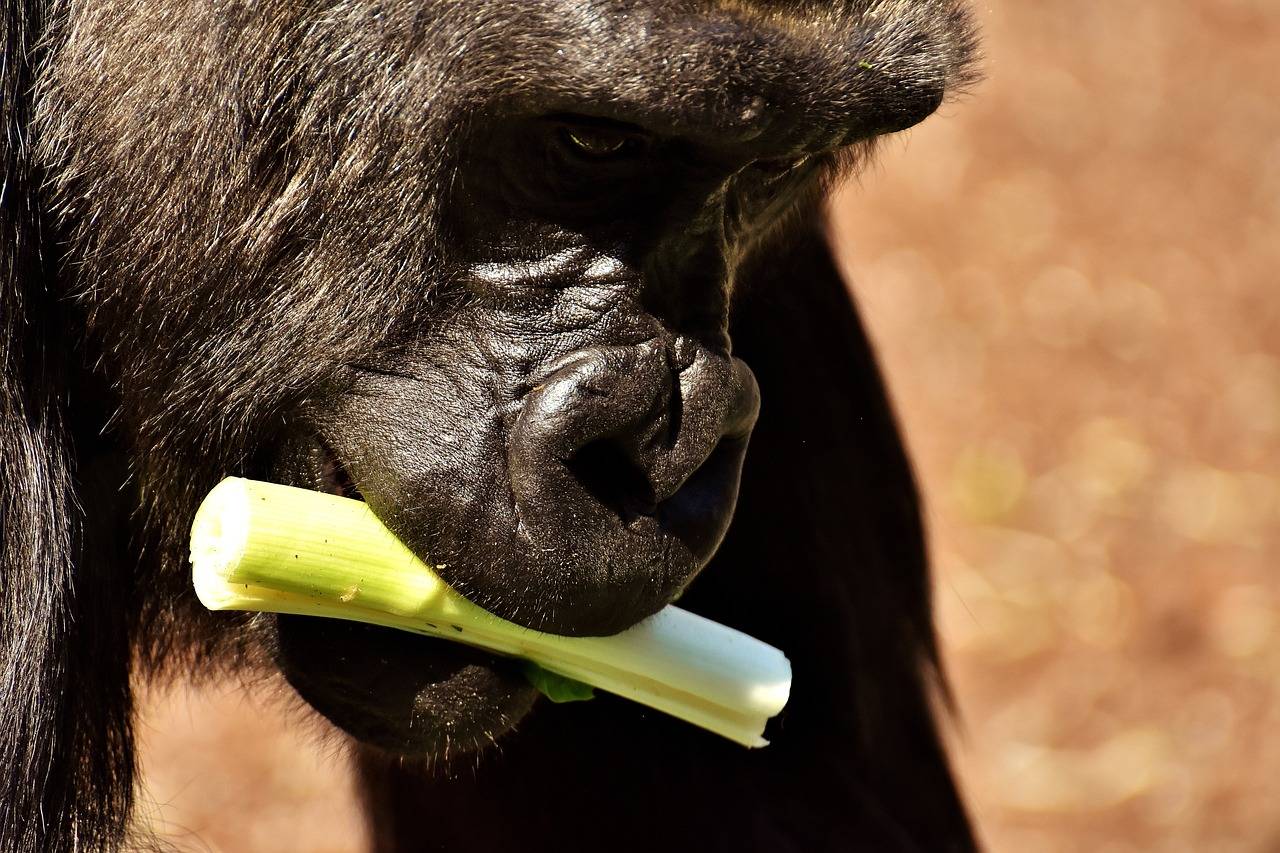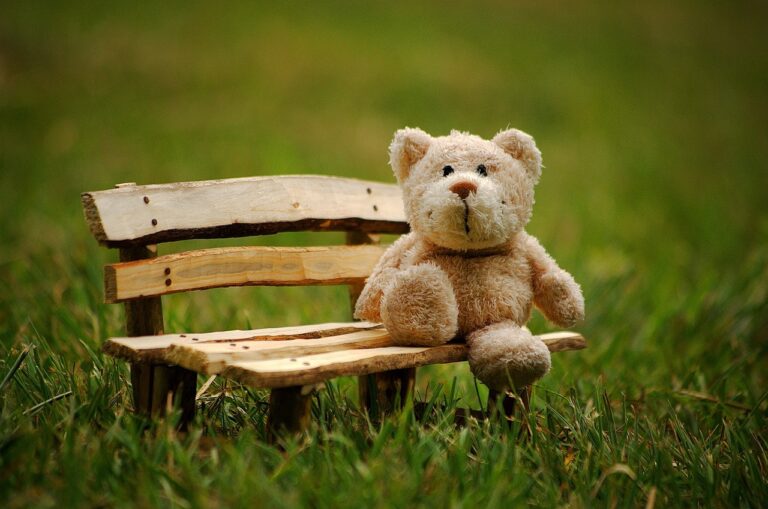Reality TV and Cultural Diplomacy: Exporting Values and Ideals
sky.247, diamondexch9 com, tiger exchange vip: In today’s interconnected world, cultural diplomacy plays a crucial role in shaping international relations and fostering understanding between countries and societies. One interesting tool that has gained popularity in recent years is reality television. Shows like “The Bachelor,” “Survivor,” and “Keeping Up with the Kardashians” have not only become global phenomena but also serve as vehicles for exporting values and ideals from one culture to another.
Reality TV has a unique way of showcasing different lifestyles, beliefs, and social norms to audiences around the world. By following the lives of everyday people or putting contestants in challenging situations, these shows offer a glimpse into the values and ideals of a particular society. Whether it’s showcasing the importance of family, competition, or romance, reality TV exposes viewers to different cultural perspectives and ways of life.
Here are some key ways in which reality TV serves as a tool for cultural diplomacy:
1. Building Cultural Bridges: Reality TV shows bring together participants from different countries and backgrounds, fostering relationships and connections that transcend borders. These interactions can help break down stereotypes and promote cross-cultural understanding.
2. Promoting Cultural Exchange: By showcasing unique customs, traditions, and lifestyles, reality TV allows viewers to learn about new cultures and broaden their perspectives. This can lead to greater acceptance and appreciation of diversity.
3. Spreading Values and Ideals: Reality TV often reflects the values and ideals of a particular society, whether it’s individualism, ambition, or community. By exporting these values, shows can influence viewers around the world and shape their perceptions of what is important.
4. Sparking Dialogue: Reality TV can spark conversations and debates about social issues, ethical dilemmas, and cultural practices. By addressing sensitive topics in a relatable and entertaining way, these shows can prompt viewers to reflect on their own beliefs and values.
5. Showcasing Innovation and Creativity: Reality TV is known for pushing boundaries and introducing new formats and concepts. By showcasing innovative ideas and creative talents, these shows can inspire viewers to think outside the box and embrace change.
6. Fostering Empathy and Compassion: By sharing personal stories and struggles, reality TV participants can evoke empathy and compassion from viewers. This emotional connection can help bridge cultural divides and promote a sense of shared humanity.
In conclusion, reality TV has the power to serve as a tool for cultural diplomacy by exporting values and ideals across borders. By showcasing different lifestyles, promoting cultural exchange, and sparking dialogue, these shows can help foster understanding and cooperation between countries and societies. As viewers continue to tune in to their favorite reality TV programs, they are also engaging in a form of cultural diplomacy that has the potential to shape international relations in a positive way.
—
FAQs
Q: Can reality TV really influence international relations?
A: While reality TV may not have a direct impact on diplomatic negotiations or international agreements, it can shape public perceptions and attitudes towards other countries and cultures. By promoting understanding and empathy, reality TV can create a more favorable environment for diplomatic efforts.
Q: Are there any drawbacks to using reality TV for cultural diplomacy?
A: Critics argue that reality TV can perpetuate stereotypes, exploit participants for entertainment, and oversimplify complex cultural issues. It’s important to approach these shows with a critical eye and consider the ethical implications of using them as tools for cultural diplomacy.
Q: How can viewers engage with the cultural diplomacy aspects of reality TV?
A: Viewers can educate themselves about the cultural background of participants, reflect on the values and messages portrayed in the show, and participate in discussions about the impact of reality TV on cross-cultural relations. By being mindful consumers of media, viewers can actively contribute to the positive aspects of cultural diplomacy through reality TV.







